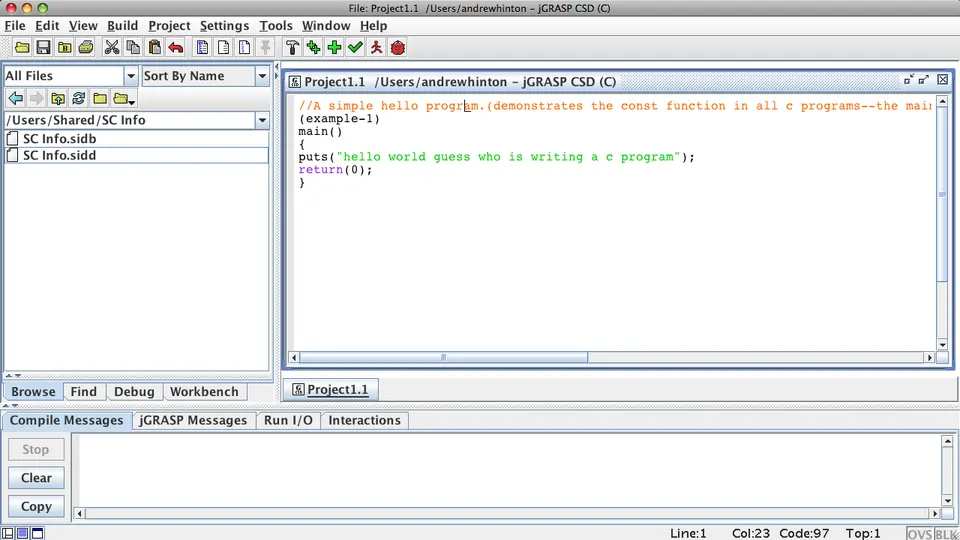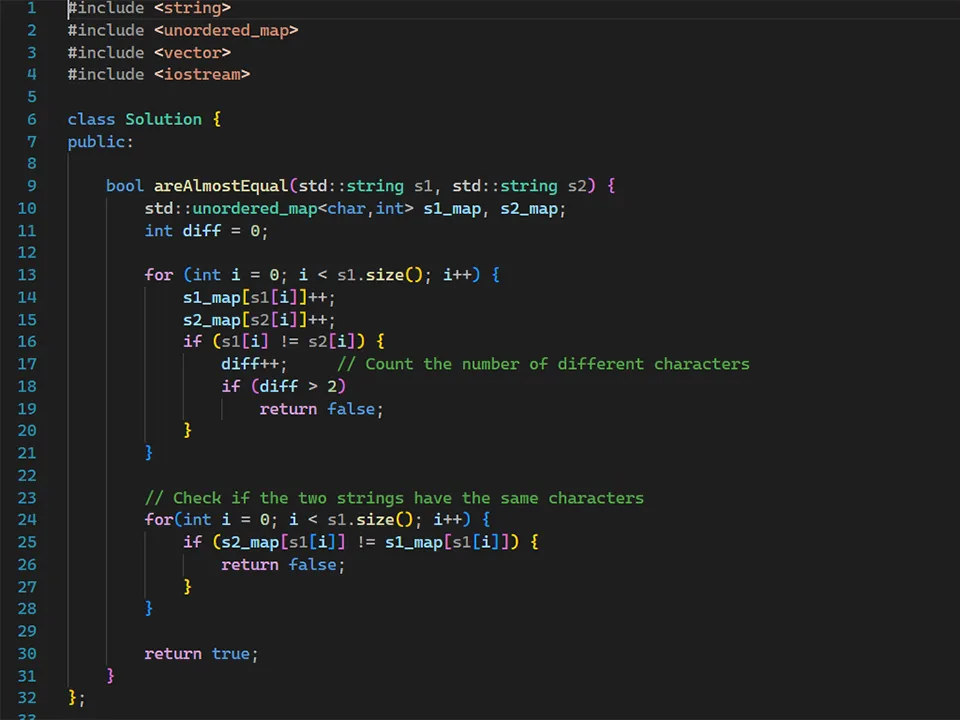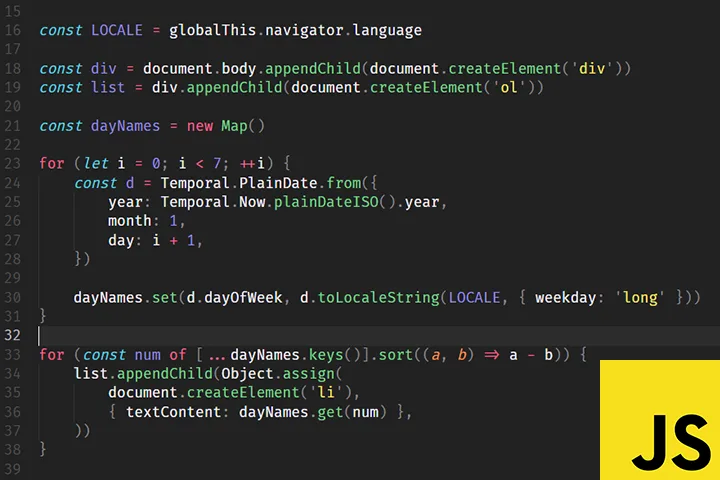Conway’s Game of Life: A Deep Dive
Conway’s Game of Life is a fascinating example of a cellular automaton, invented by British mathematician John Horton Conway in 1970. Despite its simple rules, it exhibits complex and emergent behavior, making it a popular subject in mathematics, computer science, and even philosophy. Here’s a comprehensive overview: 1. The Basics: Rules and Setup The Grid: … “Conway’s Game of Life: A Deep Dive” [More]






